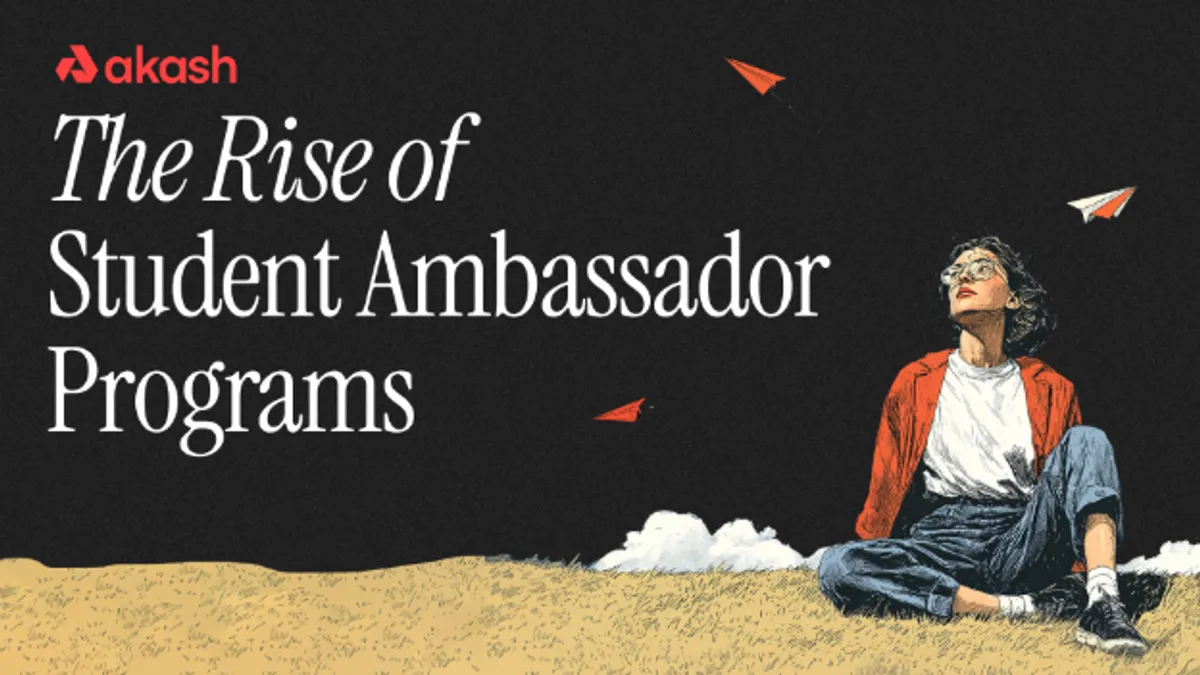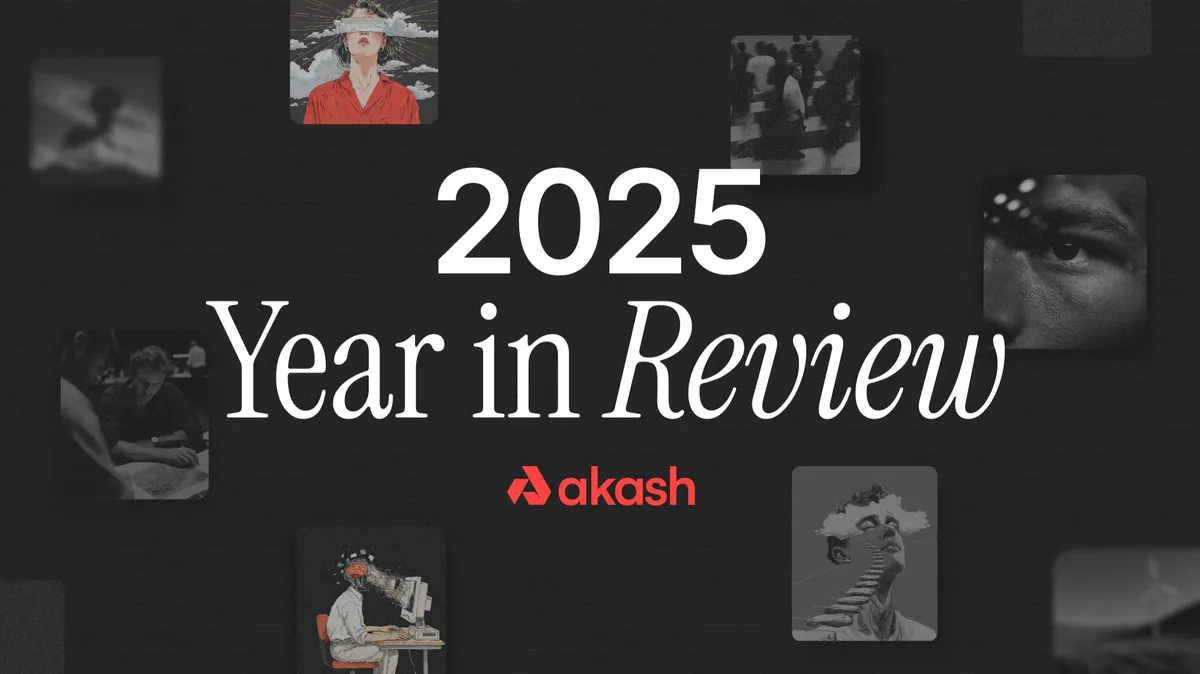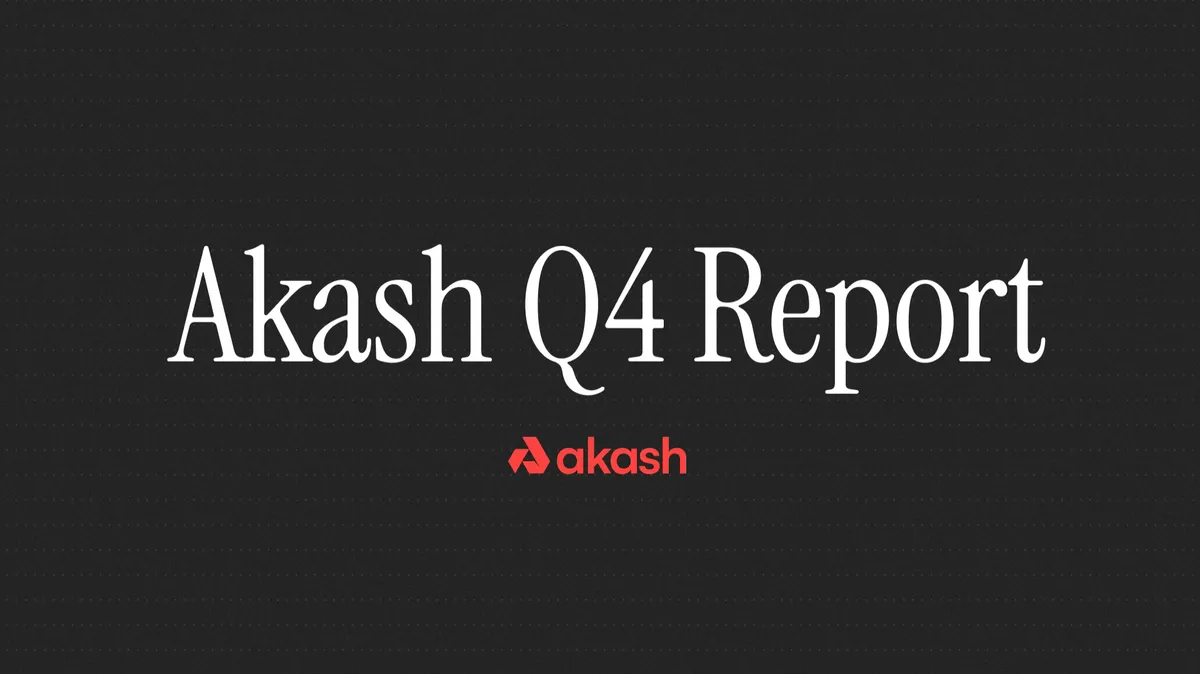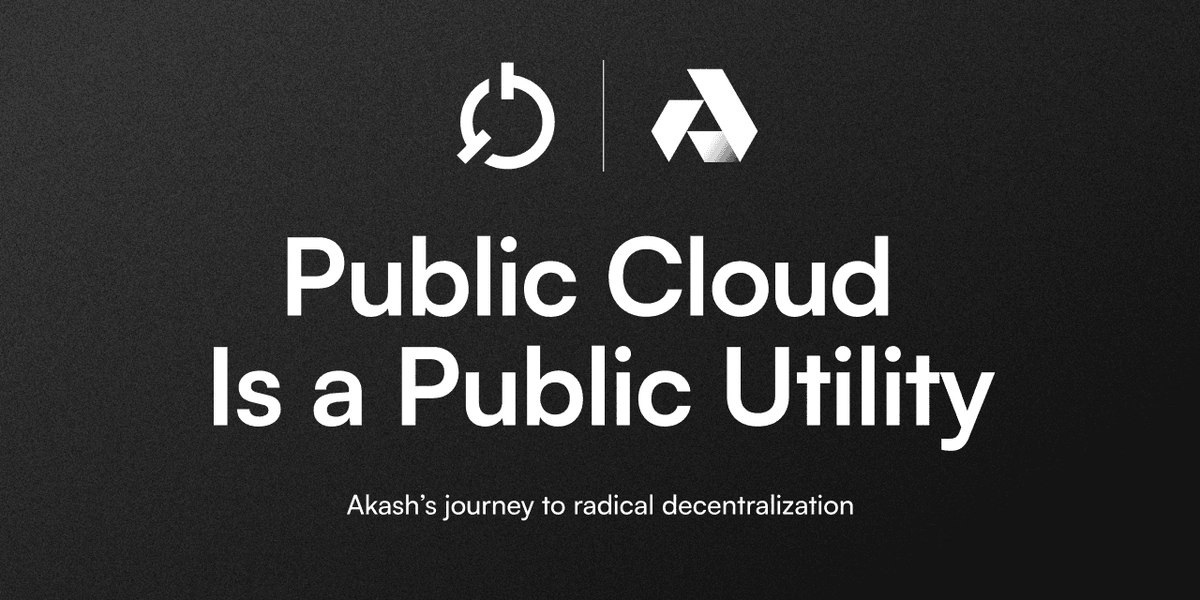
The Akash Network was created approximately two years ago to decentralize cloud infrastructure and put it in the hands of the people. It’s now run by a network of globally distributed node operators who secure the Akash blockchain and provide cloud-grade server space for tenant applications.
The source code developed by Overclock Labs has been open since inception, and now we are taking the next step of opening up the process that produces it. Removing single failure points from one company makes Akash Network more resilient to institutional attack vectors.
The development of the Akash Network involves multiple steps that are managed by Overclock Labs. The process begins by determining user needs and creating technical specifications based on them. Once the specification is made, it is implemented by a developer and then released to the public. Afterward, validators vote to accept the new code and upgrade their systems with the latest version of Akash Node.
The process has functioned well so far, and Overclock achieved great success with shipping, two major mainnet upgrades that brought us Persistent Storage, and IP Leasing.
But as the saying goes, “If you want to go faster, go alone; if you want to go far, go together.” We believe that by opening up the process, we can achieve our goal of radical decentralization faster and further.
If you want to go faster, go alone; if you want to go far, go together.
Akash should utilize the strong developer community and open organization tools available to reach its potential. The Akash community is much larger than Overclock’s employee pool. By allowing people to participate voluntarily, we can leverage their skills and values to help achieve the goal of executing our product strategy.
We propose a set of community groups inspired by successful projects like Kubernetes. These groups are open to anyone who wants to join, except for Committees that already have designated members.
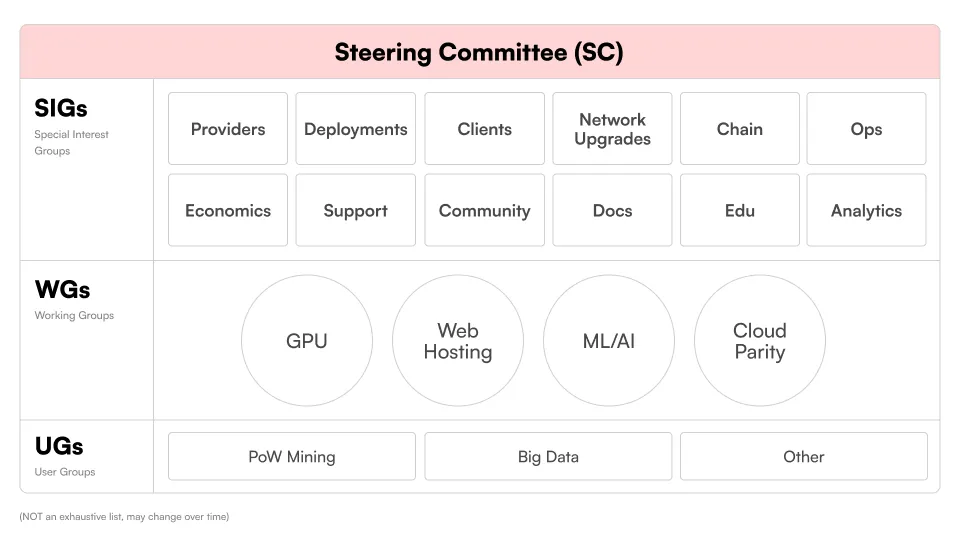
Special Interest Groups (SIGs)
SIGs are long-term groups that will be present for the project’s duration. SIGs are dedicated teams working on specific parts of the Akash Network. They help to define and create products and features, as well as provide ongoing support for them.
Working Groups (WGs)
Working Groups (WGs) are community groups that collaborate on large-scale initiatives that involve multiple Special Interest Groups (SIGs). They do not develop or create projects but rather define major projects with aspects across the whole system, potentially involving external partners and relevant parties. A Working Group may operate for a short time rather than being a permanent group like SIGs.
User Groups (UGs)
UGs help people communicate openly, find topics that can become WGs or SIGs, discuss broad use cases (like ML/AI or Big Data), and discuss ideas we don’t prioritize for product development according to the current strategy.
Committees
A committee is a designated group of people who discuss sensitive topics. They are expected to be transparent in their work, but there may be some circumstances where private conversations are necessary. Some examples of committees include the Steering Committee and special committees such as ‘security’ or ‘code of conduct.‘
Steering Committee
Regular meetings help the Akash Network community operate more efficiently. If needed, it also resolves conflicts. The Steering Committee is a particular SIG that evaluates projects, prioritizes, and assigns them to the proper SIG or WG.
Whats Next?
New Website ✨
We’re super excited to launch and open-source the completely rebuilt Akash website. The source code and all its content are available on GitHub for anyone to contribute. Browse through and suggest a feature or report a bug.
The new website allows people to quickly post content that was created by the community. It has a modern design which makes it easier to navigate and read.
New GitHub Home 🏡
We also migrated key repositories from ovrclk GitHub organization to akash-network organization. The new organization will be the home of all Akash Network-related repositories. The migration is still in progress, and we will update the list as we move more repositories.
Kick Off 🚀
Our new working model is already underway, and we have already had several successful WG meetings with the Akash Community and ecosystem partners.
The first Steering Committee meeting is scheduled for January 26th, 2023. In the meantime, browse Akash’s GitHub to learn about the various SIGs and WGs that are currently active — and head over to our Discord to join the conversation.
How can you contribute?
If you are a …
-
Technical Operator (non-programmer) that never used Akash: Review the documentation for Akash and attempt to deploy a Tetris game. If you have any ideas for changes or improvements to the documentation, please create an issue in sig-documentation.
-
Frontend (node, JS) developer that never used Akash: Review the documentation and deploy an application. Check the code base of Akash Console or Cloudmos Deploy, set up a local environment. Look at open issues for either project, select something (like a minor bug fix) that interests you, and leave a comment or submit a pull request for review.
-
Backend (Go) developer that never used Akash: Review the documentation and deploy an application on Akash using the Command Line Interface. Review the code bases for Akash CLI and Provider Services, and set up a local development environment. Additionally, review any open issues for either code base, comment on potential solutions to any problems, and submit a Pull Request for review.
-
Technical developer building on Akash: Consider joining one of our SIGs, or WGs, and writing a spec for one of the projects in the list or suggesting a new project to add to the list of tasks.
If you’re unsure and want to chat, reach out to us on Discord or Telegram. We’re happy to help you get started.
Annoucment Video
Watch me discuss this annoucment live on Cryptocito
